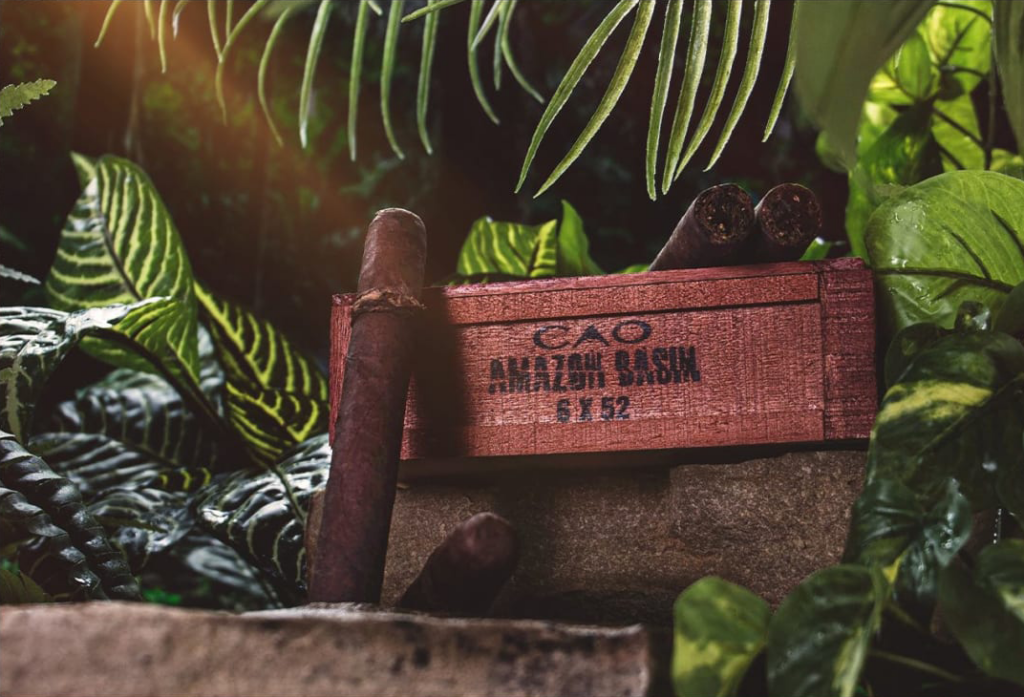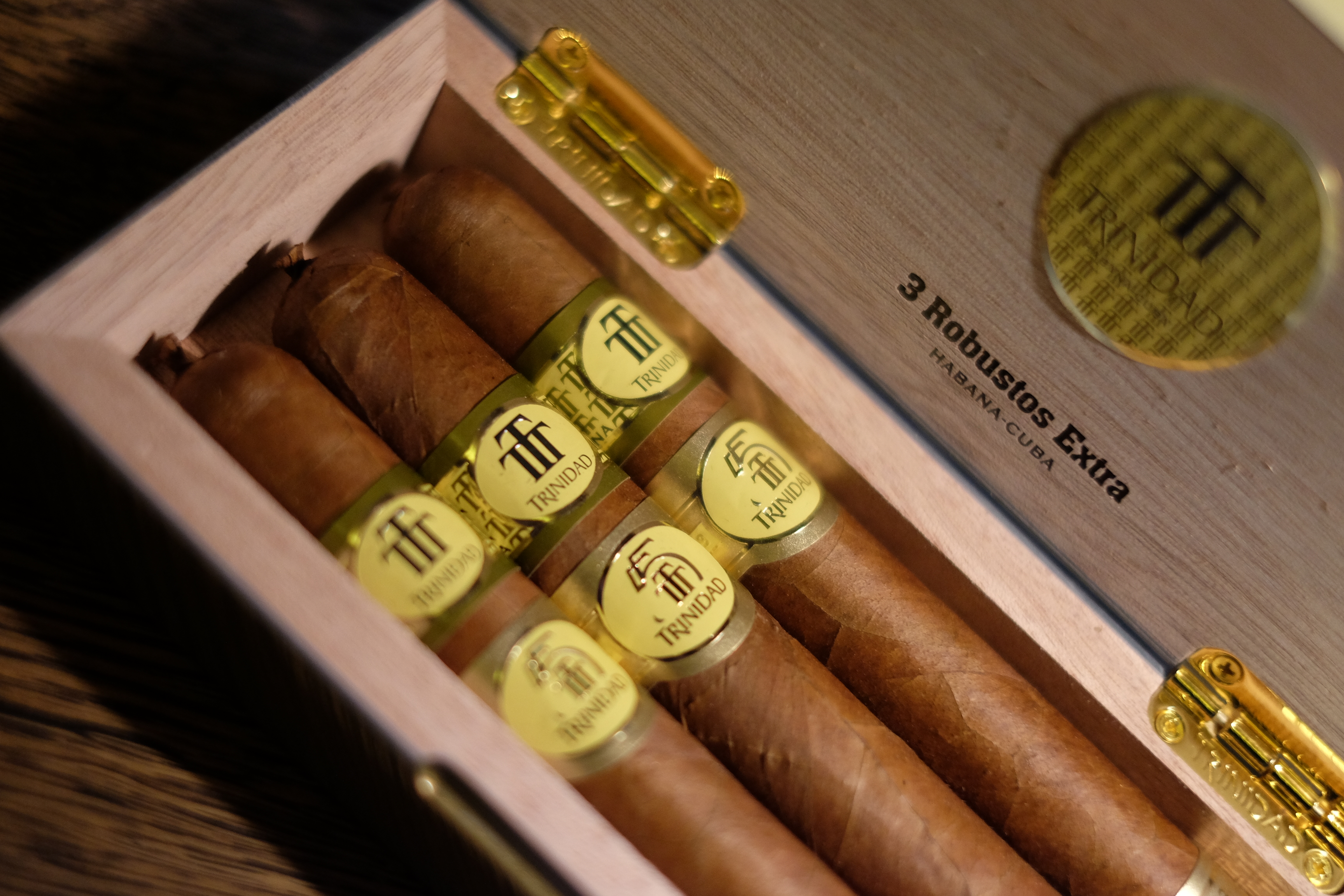Aged Cigars als Investment
Bei The Art Of Smoke habe ich folgenden spannenden Link zur Story «Well kept cigars profitable to collect» in der Financial Times gelesen:
By Monica Porter
Published: July 15 2005 16:51 | Last updated: July 15 2005 16:51
It’s a quirk of our times that while smoking is ever more frowned upon, the market for really good cigars just keeps getting better.
One person who knows this well is Gordon Johns, an investment banker working at ING in the City of London. He started smoking cigars at 21 and, at the age of 57, has become an undoubted connoisseur. He buys only the best Havanas, but not just to puff on after dinner. The rare and sought-after cigars he acquires for large sums also serve as excellent investments, which have reaped much larger sums after being “laid down” for a few years.
“In my younger and more impecunious days I just saw cigars as something to smoke,” he says, “and I’d buy cigars made in a number of places – Nicaragua, Honduras, Jamaica. But about a decade ago I met Mitchell Orchant, who was then starting up as a dealer specialising in aged Cuban cigars. He introduced me to top-quality older Havanas – at competitive prices – and really opened my eyes to their investment value.”
He spends a few thousand pounds on cigars each year (“I’d better not put a figure on it, in case my wife reads this”), favouring the Cohiba, Partagas and Montecristo brands in the larger sizes known as robusto, corona and corona gorda.
Typically, he will buy two boxes of the same cigar – one to smoke and the other to keep as an investment. Most of his purchases are made through Orchant, but he also attends some of the twice-yearly rare-cigar auctions held at Christies (where Orchant is the single largest buyer and recently acquired Hollywood actor Harvey Keitel’s collection of Davidoffs).
“One of my best investments was in the discontinued Cuban Davidoffs from the 1970s and early 1980s,” says Johns. “I paid £1,000 per box of 25 back in the late 1990s. They are now worth four or five times that. As they are gradually bought up by cigar connoisseurs and go up in smoke, as it were, there are fewer and fewer in existence, so naturally they’ve appreciated enormously. I take the view that, when the market value for something like that is relatively low, it’s a good time to buy, as they are likely to get more expensive.
“Most of my career has been in investment management – before I entered banking I ran the European subsidiary of the Chicago-based Kemper Investment Management Company – so I like to think I am skilled in risk assessment.”
Johns has accumulated about 20 boxes of cigars, with the standard 25 to a box. He has some at home in a number of desk-top humidors, but most are kept at the London HQ of Mitchell Orchant’s company, C. Gars Ltd, because the finest vintage cigar is worthless unless it has been properly stored. Every year he sells a box through Orchant and always makes a decent profit. “If the value had not gone up, I’d just smoke them.” A win-win situation.
As one might expect from an investment specialist, Johns is an avid investor generally, and runs his own portfolio containing a variety of “standard and non-standard types of investment”, as well as a pension fund. “But it is true to say that none of these other investment areas yield as much pure pleasure as my involvement with cigars. As with fine wines, which I also invest in, I buy cigars first and foremost for the pleasure they give.”
He smokes two or three cigars a day, always having one after dinner, and is quite lyrical about the qualities of the well-aged cigar. “While non-aged cigars have vitality and rawness and a huge bang of flavour, the mature ones are wonderfully mellow and subtle. It’s a different smoking experience altogether – quite sublime. Still, one can’t smoke a £100 cigar after every dinner…” His day-to-day cigars are worth about a tenner, he says.
A quarter-century ago the City was awash with cigar-smoking bankers. Now they are a rare sight, but as Johns points out: “Just because you can’t see people smoking cigars, it doesn’t mean they’re not doing it somewhere else.” And not merely in the privacy of their own homes. There are still a handful of cigar-friendly restaurants around, and a few discreet “cigar clubs” oozing a furtive naughtiness.
So, the anti-smoking lobby might have succeeded in restricting the possibilities for public cigar consumption, but it’s done nothing to lessen the desirability of the fine cigar among the world’s aficionados. Which means that this venerable niche investment market is secure for the foreseeable future.


